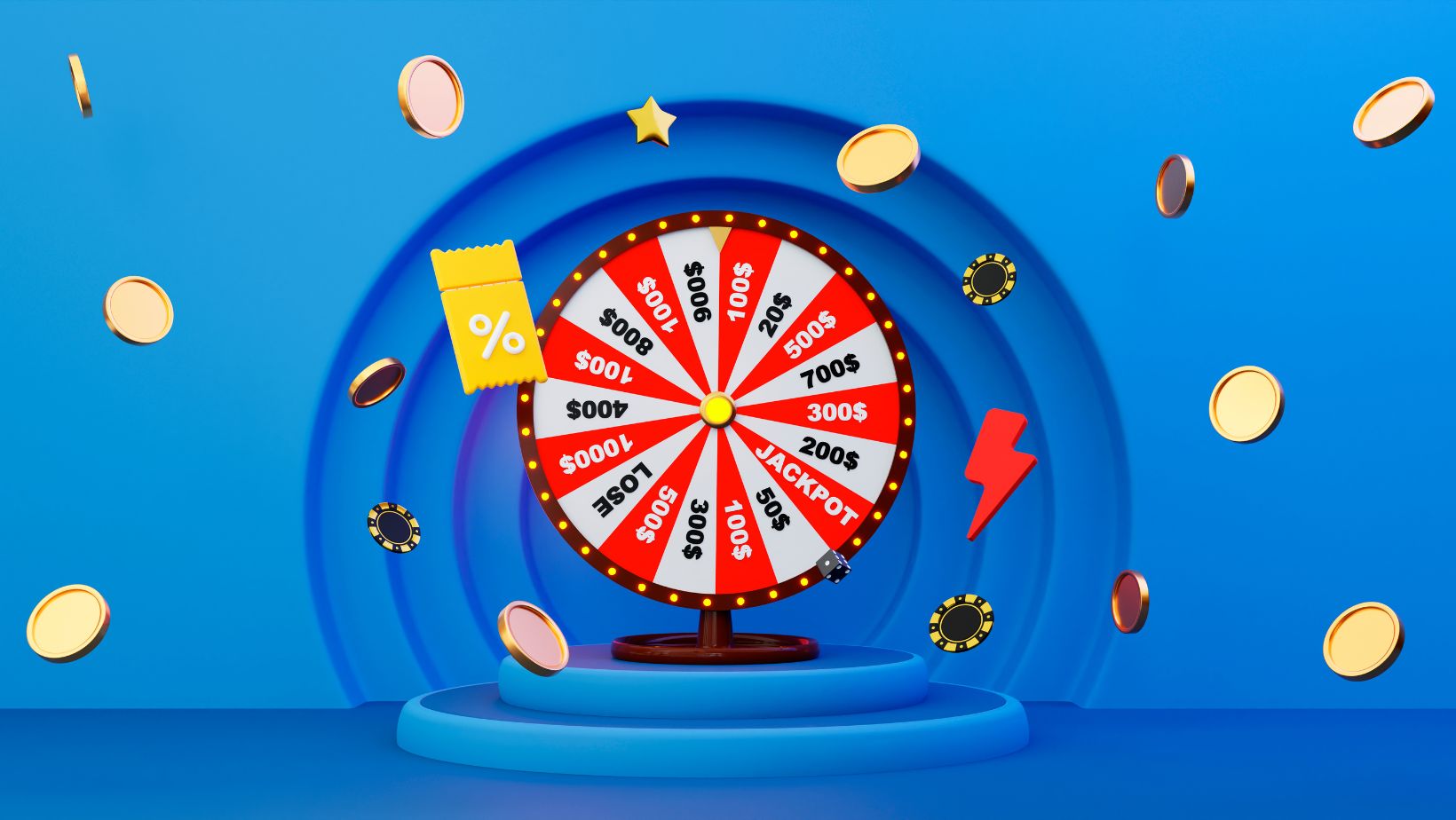With the modern casino industry raking in global revenues approaching half a trillion dollars annually, these sprawling adult playgrounds crammed with cash clearly require diligent security efforts. However long before the first slot spins or dice are thrown each day, one underlying aspect performs invaluable work towards securing casino premises for all: obtaining and maintaining proper licensing.
Far from merely bureaucratic red tape, experts affirm that the licensing process establishes crucial protections through its investigative rigor and binding requirements that deter nefarious elements. So how exactly does this regulatory approval procedure contribute so substantially to safety at casinos?
Thorough Vetting Filters Out Dangerous Individuals
At the core of effective security at Play Zilla Casino lies preventing undesirables from infiltrating a venue and its operations in the first place. Hence industry specific licensing begins with an exhaustive background check into each casino’s ownership and key personnel.
Investigators dig deep into criminal, financial, professional and personal records searching for any red flags indicating issues like:
- Felonies or fraud
- Questionable associations hinting at organized crime connections
- Bankruptcies or fiduciary malpractice
- History of cheating or scams
By disqualifying individuals with such backgrounds from positions of influence, licensing constitutes the first line of defense against shady activity. It filters those likely to actively enable or turn a blind eye towards patron exploitation.
Strict Conditions Mandate Complex Security Features
Licensing analyses don’t just assess personalities, they evaluate concrete protections built into the casino itself. Granting approval requires satisfying multilayered security demands spanning:
- Perimeter access control via stations, barriers, logging
- Surveillance via abundant camera coverage, feeds to oversight rooms
- Response capacity from trained internal security staff
- Cooperation with law enforcement and transparency
- Safety practices like emergency planning or visitor identification
- Cybersecurity and data handling protections
| Security Area | Specific Licensing Mandates | Purpose |
| Surveillance | Hundreds of cameras, 30+ days feed storage | Catch cheating and crimes on tape |
| Access Control | Locks, badges, protocols for servicing slots | Keep staff and visitors from restricted areas |
| Cybersecurity | Encryption, activity logging, vulnerability audits | Prevent data theft, scamming via rigged machines |

Checklists enumerate hundreds more granular safeguards needed to satisfy investigators. Integrating these builds multilayer defense into the casino’s very infrastructure monitored by compliance inspections. Few criminally-minded can then find cracks to slip through.
Ongoing Scrutiny Keeps Pressure On
Of course securing initial licensure is just the beginning, not the end, of accountability for casinos. Gaming venues face recurrent scrutiny requiring them to regularly:
- Furnish updated information on ownership, finances, insurance
- Report security breaches, crimes, complaints from patrons
- Document policies, equipment, personnel training pertaining to safety
- Inspect hardware like slot machines and locking mechanisms
- Fix identified issues emerging from incidents or infrastructural changes
Such recurring disclosures and reexaminations prevent a licensed business from later slipping into noncompliance as a means to cut costs or enable illegal acts. Real consequences like steep fines, canceled liability coverage or revoked authorization keep that pressure on.
That persistent oversight explains why nearly every legitimate casino holds licenses granting their local jurisdiction and often a state regulatory body extensive access. Qualifying and staying compliant with multiple such entities represents an ongoing expense and burden casinos happily bear to signal legitimacy and operate freely.
Integrated Deterrents Create a Web of Protection
In isolation, any individual security apparatus has weaknesses cunning adversaries can exploit if they catch a lucky break. However between background checks, surveillance cameras, cybersecurity efforts, mandatory reporting and recurring audits, licenses overlay robust protective layers.

The resulting web creates a fiercely well-guarded environment too hazardous for easy criminality. Integrated components provide backup against failures elsewhere with overlapping visibility. Should a camera glitch or guard glance away, other measures remain vigilant.
Such comprehensive security gives crooks few chances to maneuver unobserved. Patrons and staff hence play, work and congregate at licensed gaming facilities assured risks stay minimized without undermining the intended fun. Players needn’t weigh enjoying games versus becoming victims.
So while visitors gleefully pursue jackpots under bright neon signs, they unknowingly have casino licensing to thank that the sites remain oases of relative safety. Strict authorization protocols allow guests to relax, have fun and gamble carefree night after night in destinations synonymous with vice and temptation. Financial profits can flow freely as well with ample controls keeping criminals at bay.


More Stories
Enhancing Mobile App Security: Ideal Practices for Protecting Your Devices
From Sketch to Masterpiece: The Power of Image-to-Image AI Tools
Explore Premium, Realistic Dolls for Ultimate Pleasure and Comfort